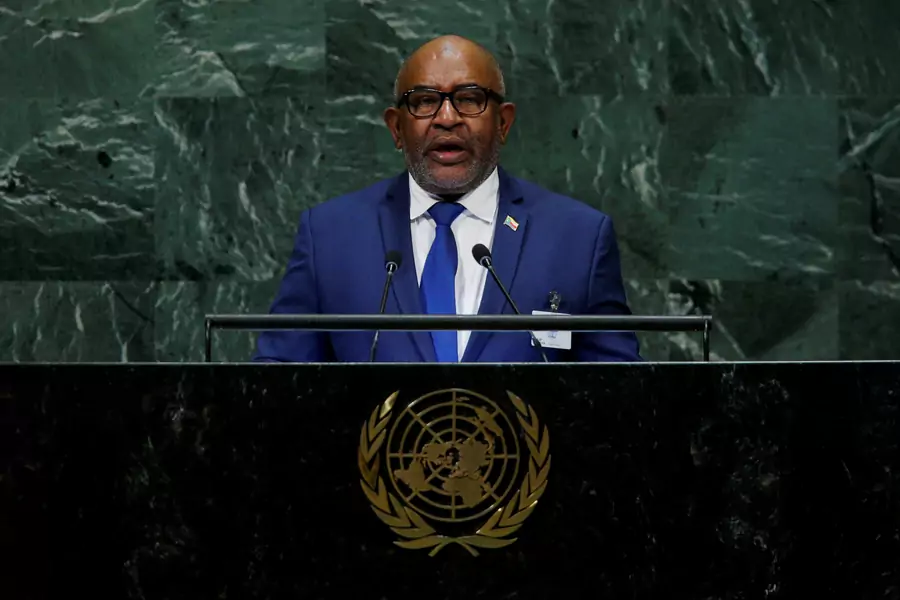Authoritarianism in Comoros Is Resurgent

Adam Valavanis is a volunteer intern in the Africa program at the Council on Foreign Relations in Washington, DC.
Earlier this month, protests against Comoran President Azali Assoumani turned violent, as armed protesters squared off against the military in the old town of Mutsamudu. Located on the country’s second-largest island, Anjouan, the city has seen a wave of protests from locals following Assoumani’s victory in a controversial referendum, held earlier this summer in which he claims to have won 97 percent of the vote. It upends the country’s power-sharing arrangement agreed to in 2001. Following the recent skirmishes, the governor of Anjouan, a virulent opponent of Assoumani, was placed under house arrest on dubious charges of fomenting violence.
More on:
Comoros is no stranger to authoritarian rule, having been plagued by coups and coup attempts since independence from France in 1975. The country transitioned to democratic rule in 2001 with the creation of a new constitution. However, pervasive corruption and a weak rule of law have seriously undermined efforts at consolidation. An important feature of the 2001 constitution was the establishment of a power-sharing arrangement in which the presidency is rotated between the three main islands of Comoros—Grand Comore, Anjouan, and Mohéli—every five years. Assoumani represents the island of Grand Comore, and a candidate from Anjouan was slated to assume the presidency in 2021, after Assoumani’s five-year term ended. But, with Assoumani's referendum victory, the rotating presidency has been terminated and the way is clear for him to extend his rule by two more five-year terms. Hence the unrest on Anjouan, whose protesters feel that they will now be excluded from power. He claims that the power-rotation makes it difficult to adequately plan for the future. Snap elections are scheduled for next year.
The Indian Ocean state now follows some other countries in sub-Saharan Africa, where sitting presidents have sought to extend their tenure in office. However, the country’s problems are larger than the recent referendum. While the Comoran power-sharing arrangement probably helped the country transition from decades of military rule to democracy, the constitution has serious flaws that Assoumani has been able to exploit. Specifically, the constitution grants disproportionate power to the executive branch relative to the judicial and legislative branches. This has allowed Assoumani and past presidents to ignore court rulings, marginalize lawmakers, and enhance their personal power.
More on:
 Online Store
Online Store